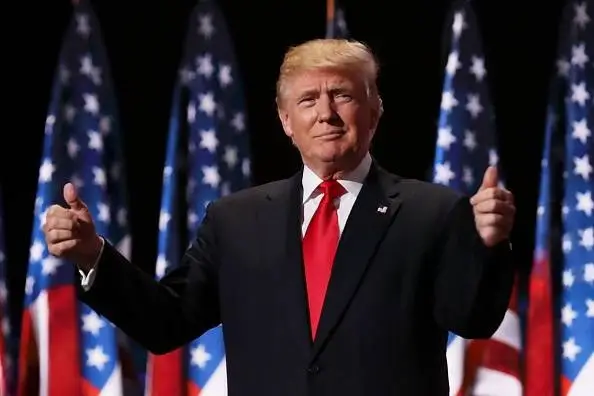
Table of Contents:
- Introduction: The Concept of Military Deployment on U.S. Soil
- Background on Trump’s Military Use Proposals
- Legal Frameworks: The Insurrection Act and Posse Comitatus
- Understanding the Legal Boundaries
- Historical Precedents
- Trump’s Strategy for Domestic Military Use
- Against Riots and Crime
- Border Security and Migrant Flow
- Public and Political Reaction
- Views from the Right and Left
- Military Leadership’s Perspective
- Implications for Civil Liberties and National Security
- The Debate Over Civil Rights vs. Law and Order
- Potential Military Overreach
- Case Studies: Past Deployments and Their Outcomes
- Historical Examples Under Trump’s Administration
- Analysis of Effectiveness and Public Sentiment
- Future Scenarios: What If Trump Reinstates These Policies?
- Speculation on Implementation
- Legal and Political Challenges
- Conclusion: Balancing Security with Civil Liberties
- The Ongoing Debate
- Calls for Legislative Reform
- References and Further Reading
Blog Post Content:
Introduction: The Concept of Military Deployment on U.S. Soil
The notion of deploying the military within the United States for law enforcement purposes has always been contentious. Trump has frequently discussed using military forces to address what he perceives as threats to national security, including riots, crime, and illegal immigration. This article delves into how Trump envisions using the military on U.S. soil, exploring the legal, political, and social ramifications of such actions.
Legal Frameworks: The Insurrection Act and Posse Comitatus
The primary legal tool Trump might leverage is the Insurrection Act, which allows the President to deploy military forces to suppress insurrections, rebellions, or enforce federal laws. However, this act must be balanced against the Posse Comitatus Act, which generally prohibits the military from engaging in law enforcement activities within the U.S.
- Insurrection Act: Provides broad powers but with historical checks.
- Posse Comitatus: Limits military involvement in civilian law enforcement.
Trump’s Strategy for Domestic Military Use
Trump has outlined plans where:
- Against Riots and Crime: He proposes using military forces in cities with high crime rates, suggesting a direct intervention to restore order.
- Border Security and Migrant Flow: Trump has advocated for a significant military presence at the U.S.-Mexico border, not just for security but to manage migrant flows aggressively.
Public and Political Reaction
The idea has polarized public opinion:
- Right-Wing Support: Many applaud Trump’s tough stance, seeing it as necessary for law and order.
- Left-Wing Opposition: Critics argue it’s an overreach, potentially leading to authoritarianism and infringing on civil liberties.
Military leaders have expressed reservations, citing concerns over the military’s role and readiness for such domestic operations.
Implications for Civil Liberties and National Security
This strategy raises critical questions:
- Civil Rights: How does deploying military forces affect constitutional rights?
- Military Role: Is the military equipped for domestic policing without compromising its primary functions?
Case Studies: Past Deployments and Their Outcomes
During Trump’s presidency, limited deployments occurred:
- Border Deployments: Troops were sent to the southern border, but their role was limited due to legal constraints.
- Response to Protests: The use of military forces during protests in 2020 sparked widespread debate.
Future Scenarios: What If Trump Reinstates These Policies?
If Trump were to implement these policies again:
- Legal Challenges: Courts might review the legality of such actions.
- Political Fallout: Could lead to significant domestic unrest or support, depending on the political climate.
Conclusion: Balancing Security with Civil Liberties
The debate over using military forces for domestic law enforcement under Trump highlights a broader discussion on national security versus civil liberties. While some see it as necessary for security, others view it as a slippery slope towards militarized governance. Legislative reforms might be necessary to define clearer boundaries for military involvement in domestic affairs.
References and Further Reading:
- Visit The Atlantic for in-depth analysis on Trump’s strategy against blue states.
- AP News provides insights into Trump’s plans for military use.
- Military Times offers a legal perspective on military deployment limitations.
- Rolling Stone discusses Trump’s vision for a more militarized approach to domestic issues.
This article uses the latest information available up to August 2024, reflecting on Trump’s past statements and potential future policies, aiming to provide a balanced view on a highly debated topic.

